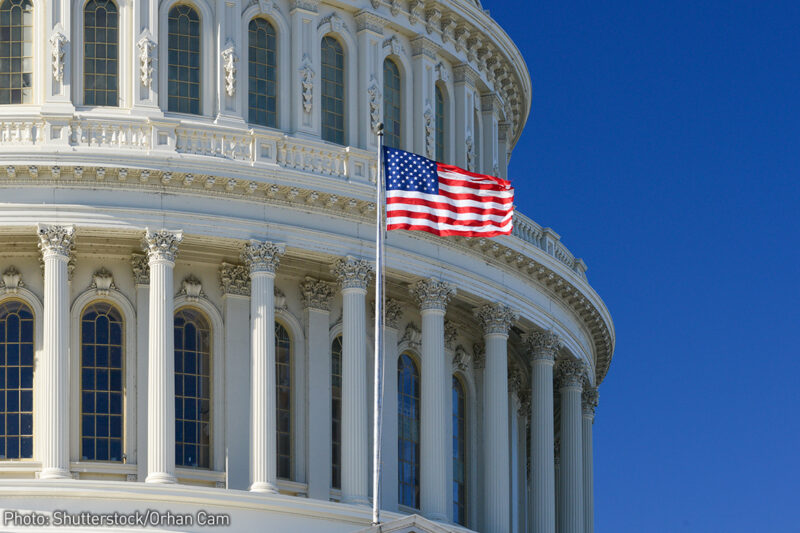Congress Advances Discrimination Against Women and LGBT People Before Skipping Town


Congress leaves town for a seven-week recess today. They leave behind plenty of unfinished business, like legislation to address the looming threat of the Zika virus in the U.S. and around the globe. But with so many pressing issues left unresolved, Congress chose to spend its last few days in Washington doubling down on proposals that discriminate against women and LGBT people under the guise of religious liberty.
On Tuesday, one month to the day after 49 people were murdered at a gay nightclub in Orlando — in the worst attack on the LGBT community in our nation’s history — the House chose to mark this tragic anniversary in the worst way possible. They did so not by remembering the victims or introducing legislation to protect LGBT people from violence and discrimination, but by on a bill that would permit unprecedented taxpayer-funded discrimination against LGBT people, single mothers and unmarried couples.
The so-called “First Amendment Defense Act” is designed to allow anyone — including for-profit businesses – to discriminate based on a religious belief or “moral conviction” against same-sex marriage, or to sexual relationships outside of a heterosexual marriage. This means that the legislation could allow certain social service programs that receive federal funding, including homeless shelters, to turn away anyone who has a sexual relationship outside of a marriage, including single mothers and unmarried couples. It could also allow privately owned businesses to discriminate by refusing to let a gay or lesbian employee care for their sick spouse, in violation of federal family and medical leave laws.
Jim Obergefell, a former ACLU client and the lead plaintiff in the Supreme Court’s historic marriage equality ruling, testified against the discriminatory proposal at the hearing. You can read Obergefell’s powerful testimony taking a stand against FADA here.
The very next day, the House passed — without so much as a committee hearing to consider it — the Conscience Protection Act. Like FADA, the bill purports to protect religious liberty but in fact empowers discrimination — in this case against women seeking reproductive health care. The bill would dangerously expand the Weldon Amendment, a provision attached to spending bills over the last decade which bars critical federal health and education dollars from any state, local, or federal government body that doesn't allow a health care entity to refuse to provide, pay for, cover, or refer for an abortion. The Weldon Amendment is a barrier to women’s reproductive health that needs to be eliminated — but instead, the House just voted to expand and make it permanent.
The result? The Conscience Protection Act would give employers, health insurance companies, and others even more ways to stand between a woman and the health care she needs. A woman’s boss could deny her comprehensive health insurance that covers abortion services and allows her to make her own personal medical decisions without interference. A Catholic hospital governed by religious directives could refuse to “facilitate” or “make arrangements for” an abortion needed to preserve a woman’s health — something that unfortunately already happens all too often. The problem would only become worse if this bill were to become law. In short, the bill would further undermine women’s access to constitutionally-protected health care.
Religious liberty is a core American value. It guarantees everyone the freedom to believe what they choose and to act on those beliefs, but it does not allow anyone to discriminate against or harm others in the name of religion. Unfortunately, as the House’s actions this week make clear, not everyone in Congress has gotten the message.

